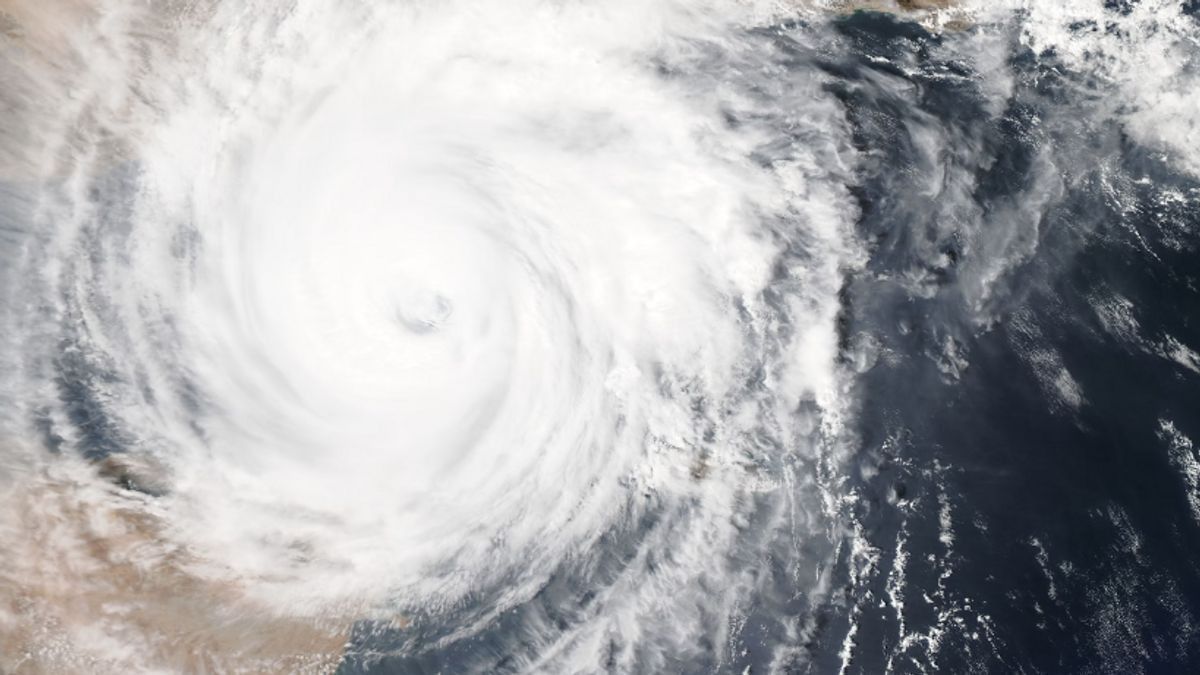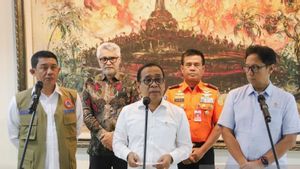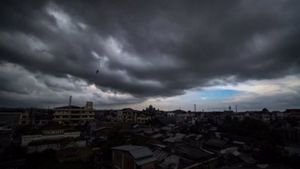JAKARTA - The Coordinating Ministry for Law, Human Rights, Immigration and Corrections (Kumham Imipas) will form a joint commission between countries with the Philippines to resolve the issue of 8,000 Indonesian citizens (WNI) in the Philippines.
Minister of Kumham Imipas Yusril Ihza Mahendra said that the Indonesian citizens living in the southern Philippines until now do not have clear citizenship status because they are children and grandchildren of Indonesian citizens who were born without certificates.
"This problem has been going on for a long time and must be resolved," said Yusril when receiving a visit from the Philippine Ambassador to Indonesia Gina Aragon Jamoralin in Jakarta, Monday, November 11, as quoted by Antara.
Not only Indonesian citizens living in the Philippines, on the other hand Yusril said that there are around 300 Filipino citizens living in Indonesia, especially in the islands around North Sulawesi who have a similar fate.
In terms of citizenship law, Yusril said that Indonesia and the Philippines recognize the principle of territoriality and citizenship is not only one party from the parents.
Through a joint commission, the Indonesian and Philippine governments will register each citizen for further registration.
"Most of the children born there do not have birth certificates in the Philippines, they are not registered. I think this problem needs to be resolved considering the good relations between the two countries," he said.
Meanwhile, the Philippine Ambassador to Indonesia Gina Aragon Jamoralin said that her government through the Philippine Consulate General in Manado has been coordinating with the Indonesian Ministry of Foreign Affairs.
For Indonesian citizens without status who mostly work as fishermen, she continued, the Philippine Government still provides residence permits.
When the fishermen lived and had children in the Philippines, Gina explained that most of them did not take care of documents in the form of birth certificates and did not register their children with the authorities in the Philippines.
"They are the second generation of Indonesian fishermen who live in the southern Philippines," said Gina on the same occasion.
The English, Chinese, Japanese, Arabic, and French versions are automatically generated by the AI. So there may still be inaccuracies in translating, please always see Indonesian as our main language. (system supported by DigitalSiber.id)













